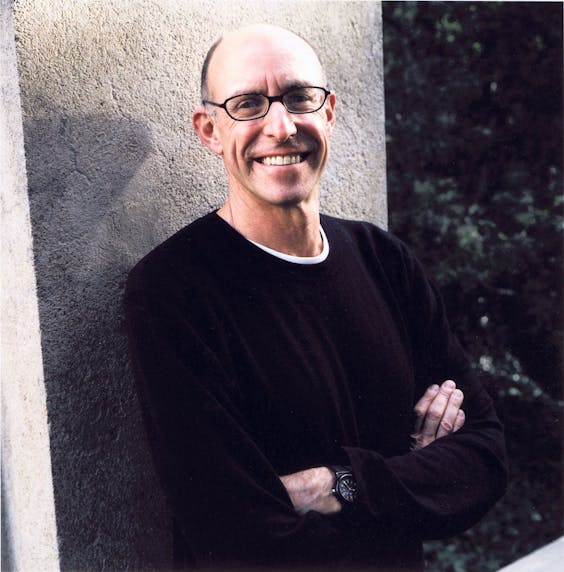Far out‘, the sixties are back! You would almost think it if you read Michael Pollan's new page gymnast. In Broaden your mind the American journalist and philosopher explores the renaissance that is currently experiencing maligned psychedelic drugs like LSD in the United States. For example, The New York Times recently published several articles about the impressive results of psychedelics in the treatment of depression, addiction and anxiety disorders.

Pollan, an intellectual glutton who previously wrote wonderful books on food, food and cooking, was just too young to consciously experience the Summer of Love and Woodstock. Besides some youthful experiments with mushrooms, he also had little experience with drugs. But his interest was piqued, especially when he read about the spiritual, and sometimes mystical, experiences people had under the influence of the drugs. He could also use such an experience as a novice in his sixties with his ingrained mental habits, he writes in his foreword. It was time to 'shake up the snow globe'.
As always, Pollan is thorough. In the opening chapters of his book, he describes the brief period - from the mid-1966s to the mid-XNUMXs - when LSD, magic mushrooms and other psychedelics were embraced by part of the American medical establishment. How they influenced the creativity of pop musicians, artists and writers like Aldous Huxley, and became a symbol of the counterculture. And how the government suddenly closed the doors to a higher consciousness when the dark side of the means came to light: bad trips, psychoses, suicides. At the end of XNUMX, scientific psychedelics research was virtually defunct. In Pollan's eyes, Evil Pier is drug guru Timothy Leary, the Harvard professor who wanted too much too quickly and caused moral panic with his big mouth and 'antics'.
Steve Jobs was an avid user of LSD, as well as Internet pioneer Stewart Brand. Many others followed in their wake, who got the wildest ideas under the influence of psychedelics.
With an admirable mixture of journalistic distance and infectious enthusiasm, Pollan also portrays the colorful pioneers of the psychedelic scene. Such as mushroom guru Paul Stamets, who thinks that mushrooms are the solution for cancer, bioterrorism and bee mortality, and that surprisingly often turns out to be right. Or banker R. Gordon Wasson, who as vice-president of JP Morgan in 1957 made the mushroom popular in the western world with an article in the magazine Life. Or the millionaire Al Hubbard, who is constantly dressed in paramilitary uniform, who gets Sandoz to deliver him an incredible amount of LSD. Which he then spreads to friends in Hollywood and Silicon Valley.
About the author

Michael Pollan (63) is an American journalist, philosopher and author of, among others A plea for real food. He teaches at Berkeley University in California and is a frequent contributor to The New York Times Magazine. He has won the James Beard Award for Food Writing, among others.
In this way Pollan also makes the link with our current culture. Because, he emphasizes, the influence of psychedelics on the digital revolution can hardly be overestimated. Steve Jobs was an avid LSD user, as well as Internet pioneer Stewart Brand. Many others followed in their wake, who got wild ideas under the influence of psychedelics. As Brand puts it: "LSD gave us permission, as it were, to try crazy things together."
Read the full article fd.nl (Source)


